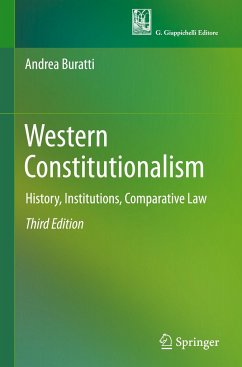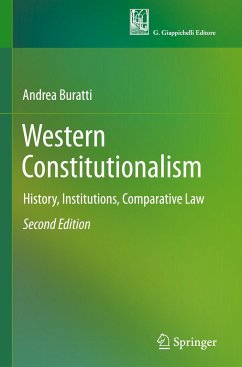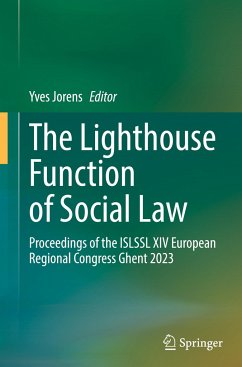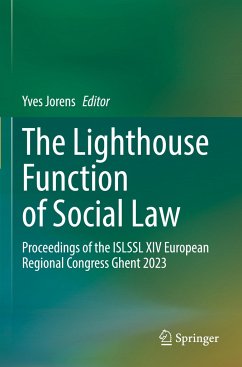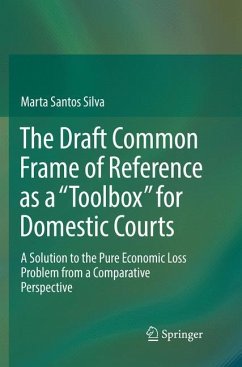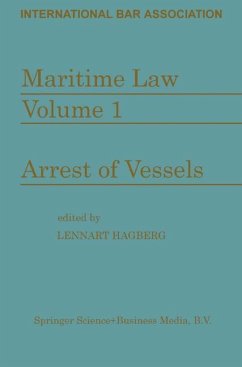
Constitutional Framework of European Labour Law in Italy, France, Germany, Portugal and Spain
Versandkostenfrei!
Versandfertig in 6-10 Tagen
106,99 €
inkl. MwSt.
Weitere Ausgaben:

PAYBACK Punkte
53 °P sammeln!
The challenges that labour law currently faces are well known. The emergence of new forms of work and the growing importance of technology in the age of the Fourth Industrial Revolution are important tests of the resilience of this field of law and its function: regulating the labour market. Therefore, it is becoming increasingly important to examine the fundamentals of labour law, especially how subordinate labour is addressed in various countries' constitutions, in order to focus the analysis of the new phenomena affecting labour relations on their fundamental frameworks.In this context, thi...
The challenges that labour law currently faces are well known. The emergence of new forms of work and the growing importance of technology in the age of the Fourth Industrial Revolution are important tests of the resilience of this field of law and its function: regulating the labour market. Therefore, it is becoming increasingly important to examine the fundamentals of labour law, especially how subordinate labour is addressed in various countries' constitutions, in order to focus the analysis of the new phenomena affecting labour relations on their fundamental frameworks.In this context, this book puts forward an overarching framework that reflects how the Italian, German, French, Portuguese, and Spanish constitutions view labour in terms of both collective and individual relations - particularly the right to collective bargaining, the right to strikes and lock-outs, job security, and the right to remuneration - without losing sight of each Constitution's historical and political context.The aim of this book is therefore to provide an overview of the labour law frameworks in the constitutions of these legal systems and to show, by means of practical examples, how the law concretely implements them. Accordingly, it provides notes on the legal treatment of the topics analysed, serving as a practical guide for the study of these matters in the respective jurisdictions.This book will be of interest to all students and scholars of labour law looking for an overview of the topics covered in all five jurisdictions.








